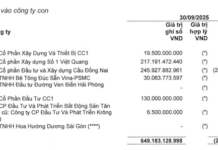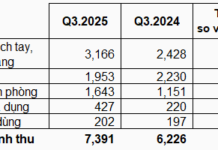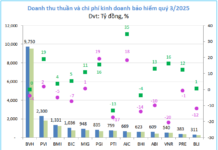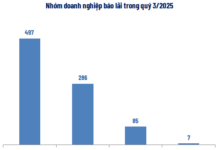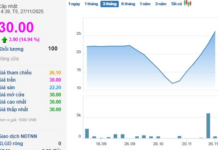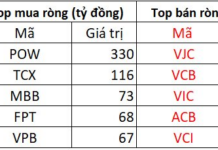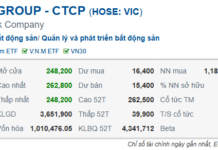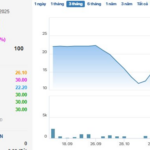Verifying Real Estate Values: A Complex Challenge
Vietnam’s Ministry of Finance has submitted a report to the National Assembly’s Economic Committee, detailing the implementation of policies and laws related to the management of the real estate market and social housing development from 2015 to the end of 2023.
The report highlights a significant issue: the discrepancy between the declared and actual transaction prices in real estate transfers, making it challenging for authorities to verify the true value of these transactions.

Illustrating the challenge of verifying the true value of real estate transactions.
Buyers and sellers often use handwritten contracts, stating the actual transaction price to prevent disputes in court. This makes it difficult for government agencies, especially the tax authority, to ascertain the real value, as they lack investigative functions.
Additionally, when it comes to transferring and selling future houses and constructions, the price remains the same as the original purchase from the investor. Once the property is certified, taxpayers tend to declare a lower value, resulting in a loss of tax revenue for the state budget.
The Ministry of Finance also exposed tactics used to evade taxes, such as allowing buyers to re-sign contracts for future houses with new buyers to avoid personal income tax on real estate transfers.
Furthermore, investors circumvent the Law on Housing regarding the limit on the number of houses that foreigners are allowed to own by signing long-term contracts, providing tenants with the same rights as owners. Another strategy involves legitimizing real estate transactions by purchasing shares and then splitting the enterprise.
Supervising Construction Permits and Land Auctions
Personal income tax revenue from real estate transfers has shown a consistent increase from 2017 to 2022, with a notable surge of 64.34% in 2022 compared to 2021. This can be attributed to the General Department of Taxation’s directive on enhancing the efficiency of tax declaration processing for real estate transfer activities.
However, in 2023, personal income tax revenue from real estate transfers decreased due to the challenging conditions in the real estate market. Factors such as reduced purchasing power, a lack of affordable housing options, and continuously rising house prices beyond the financial reach of most citizens have led to a decline in transactions and, consequently, a significant drop in personal income tax revenue from real estate transfers.
To promote stability and integrity in the real estate market, the Ministry of Finance proposes that the National Assembly and the Standing Committee of the National Assembly continue to address challenges in applying relevant policies and laws, including the Land Law, Housing Law, and Law on Real Estate Business. This includes creating a legal framework for real estate businesses and strengthening market management.
The Ministry also suggests researching and adding regulations to ensure that real estate businesses meet financial capacity requirements when obtaining construction/investment permits for projects. Additionally, the Ministry of Construction should enhance its management of the real estate market, closely monitor construction permits and project launches, and supervise construction permit auctions, land auctions, real estate transactions, and real estate exchange activities to prevent money laundering.











